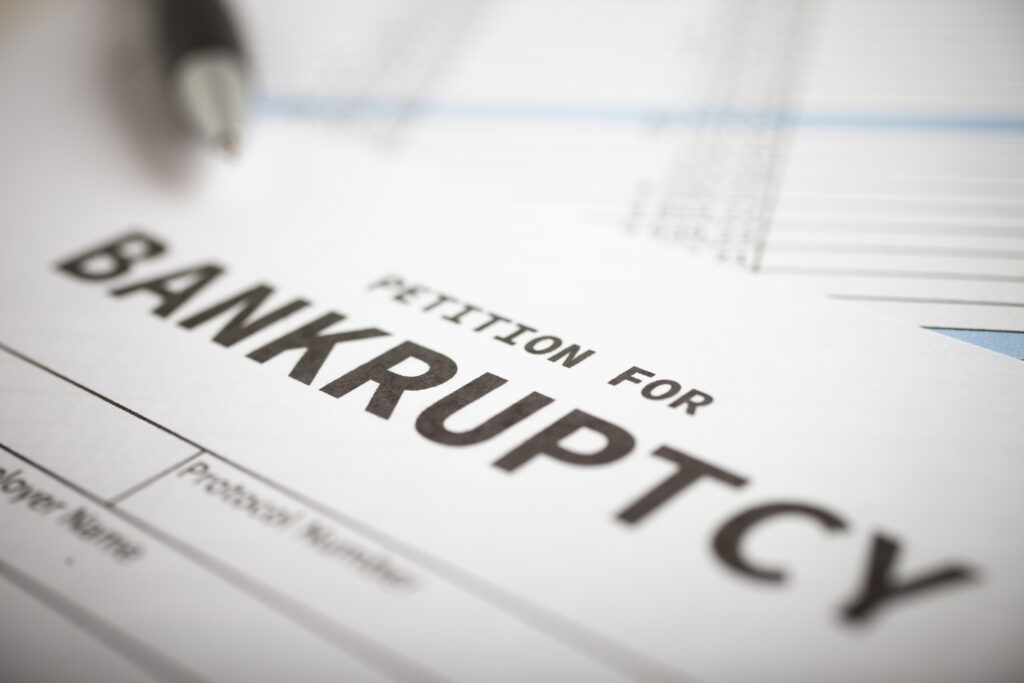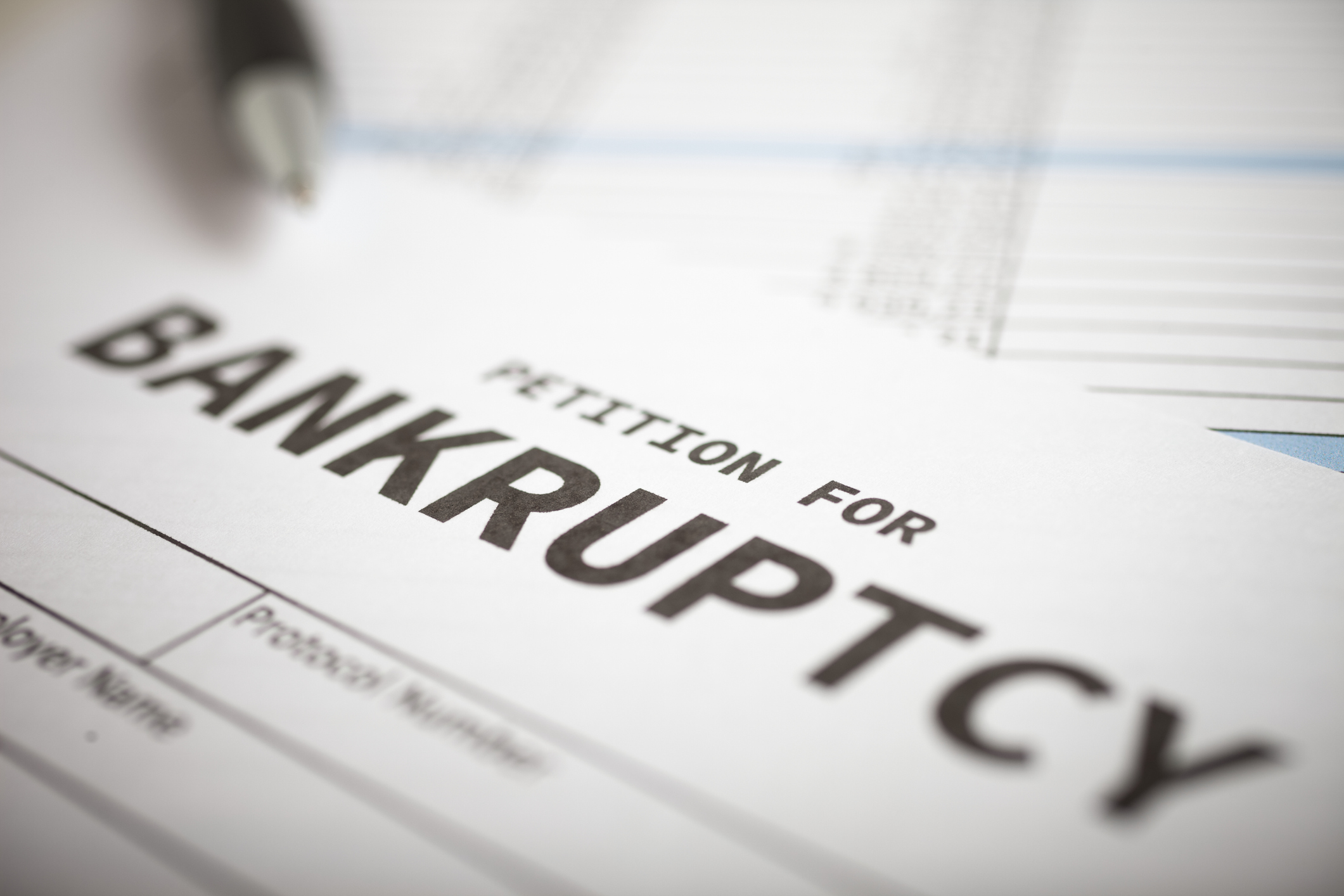“Eight-Year Rule”
It’s a time restriction in Chapter 7 bankruptcy. It applies to individuals who have previously received a discharge in a Chapter 7 case and are now seeking another discharge under Chapter 7. According to bankruptcy law, if someone has received a discharge within eight years in a Chapter 7 case, they are not eligible to receive a discharge in a new Chapter 7 case.
“Four-Year Rule”
Another important timeframe to consider is the four-year rule. This rule applies to individuals who have received a discharge in a Chapter 13 case and are now looking for a Chapter 7 discharge. According to bankruptcy law, there is a waiting period of four years from the date of receiving the discharge in the Chapter 13 case before becoming eligible to file for Chapter 7 and receive another discharge.
Understanding these timeframes is crucial for individuals who are contemplating bankruptcy. These rules determine eligibility for receiving a discharge and ultimately impact the relief and financial freedom that comes with it.
Exceptions and Nuances
It’s important to note that there may be some exceptions and nuances that apply to these timeframes based on circumstances or legal interpretations.
For example, certain events or actions may influence how long you have to wait before receiving bankruptcy relief. These events could potentially lengthen the waiting period. It is crucial to seek advice to understand any exceptions that may apply and how different factors, like changes in bankruptcy laws or specific details of your case, might impact your eligibility within these timeframes.
Planning Considerations
When considering bankruptcy. it’s important to know if you’re eligible but also to plan the timing of your filing. Understanding these timeframes will help you maximize the benefits of bankruptcy while staying within the bounds of the law.
Consultation Importance
It’s highly recommended to consult with a bankruptcy attorney who can provide guidance based on your situation explain legal interpretations and navigate you through Chapter 7 bankruptcy intricacies related to these timeframes.
Conclusion
In conclusion, being aware of the timeframes in Chapter 7 bankruptcy is vital for determining whether you qualify for discharge. Understanding these restrictions, exceptions, and planning considerations empowers you to make decisions about filing for bankruptcy and effectively handle its complexities. Seeking advice is key to fully comprehending and complying with these critical timeframes.



Get a Free Bankruptcy Case Evaluation